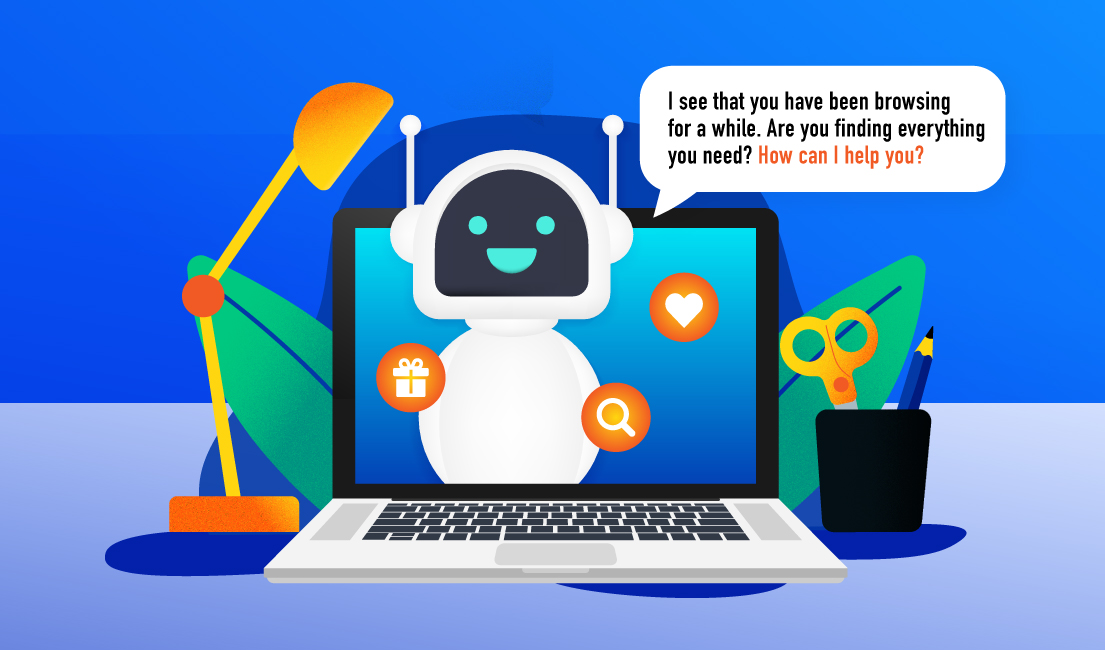4 min read
2019 is the tenth year since Alibaba took the reins of Singles' Day - an event originating in China in the 1990s to celebrate people who are not in romantic relationships - and turned it into a major online shopping event.
Any entity that sells online highly anticipates Singles' Day and events like it, such as Cyber Monday which traditionally follows the American Thanksgiving holiday. They prepare to break through the ‘noise’ and attract as many shoppers as possible with a goal of increased sales. Last year, we here at Appier shared some advice for brands and retailers about how they can use artificial intelligence (AI) to prepare for the run-up to Singles' Day to pique the interest of consumers before the day itself.
This year, we’d like to help marketers answer the following question using machine learning: “How do brands and retailers convert the mass media exposure and high cost of Singles' Day into improved customer lifetime value?”
For big campaigns like Singles' Day, overwhelmed marketers are typically only able to focus on high-level execution that drives reach and single campaign gross merchandise volume (GMV). There is typically no bandwidth or resource during these events to look at longer-term indicators such as a customer’s potential lifetime value.
Increasing customer lifetime value requires a long-term strategy and always-on execution. Personalized content based on a short-term customer journey is no longer enough for consumers who are spoilt for choice online. Marketers need to think about how they can surprise shoppers during the customer journey to spark joy and encourage loyalty. Think about how it would be to walk into a coffee shop and before you place your order, the server already knows that in winter you prefer a cappuccino rather than the Americano you usually have in the summer. Furthermore, you are surprised by a piece of cake that perfectly complements the flavor of your cappuccino. What a pleasant experience!
Machine learning is the answer to creating this experience in an online environment. With longer-term behavioral data of a consumer along with the short-term transactional data collected from a shopping event like Singles' Day, AI can create an enjoyable, personalized experience along with the consumer journey post-holiday time to sustain sales momentum and increase the lifetime value.
The first step is to digest the massive data gathered during Singles' Day to get a new understanding of a consumer- this is typically a combination of behavior across one to four weeks and longer-term behavior across six to 12 months.
Engaging and nurturing each individual consumer is expensive, so it makes sense to focus on the highest value customers. After combining short-term and long-term behavioral data, the second step is to extract consumers who it will be most worthwhile to re-engage and nurture. This is done by analyzing all possible behavior dimensions, including internet activity time, frequency, product affinity, seasonal factors, in-app or in-web behavior and so on. This adds up to several hundred to several thousands of data points which is a perfect task for Machine learning.
Once marketers have identified who they want to engage after Singles' Day, it’s important to engage them based more on their longer-term behavior. This allows for the delivery of the right products to align with both seasonal needs and regular needs, mixed with strong short-term product affinity. In addition, weighing the importance of long-term behavior and short-term behavior should be different for every individual in order to determine the content that will best engage each person. For example, as also reported by The Drum, Appier client Neogence applied our AI to drive Singles' Day sales in 2018 and then analyzed the data gathered during that period to develop longer-term strategies that led to new product lines.
Taking the steps above will encourage consumers to engage with retailers on a regular basis. However, people are always likely to shop around for the best deal, particularly during a major sales event like Singles' Day. This means that shoppers might be hesitant to make a purchase they are considering in case they can find something better. For hesitant buyers, encouraging them to make a purchase might require a special offer. However, marketers can’t afford to give special offers to everyone, and they would be wasted on people who were going to buy regardless. Identifying hesitant buyers requires a sophisticated analysis of an individual user’s behavior sequence and even her focal point on the screen to determine the level of hesitation. It’s nearly impossible for marketers to analyze these micro behavior signals in real-time, and this is another area where machine learning plays an important role in helping marketers close the deal.
As critical as these tools are, many brands and retailers will not be in a position to build AI systems in-house as doing so typically requires data science talent that tends to be expensive and in short supply. Therefore, most companies will need to find an AI partner that can help them reach both their immediate and long-term goals and scale with them over time. The key to a strong partnership is making sure that both the product and the people behind it understand your business challenges and share your vision on solving them. This will set marketers up for success not only during major shopping events but also when it comes to driving growth during all the times in between.
* This article was originally published on The Drum.



